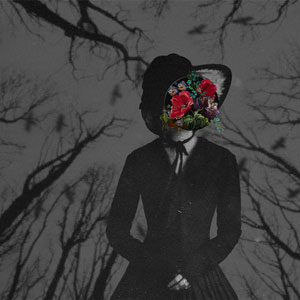
 *** The 1904 opera Jenůfa is a rare treat in several regards. Composed by Leoš Janáček with a libretto adapted from a play by Gabriela Preissová, it is one of the few Czech-language operas to be performed with any frequency outside its native country. The percussion-heavy instrumentation, with a starring role for a xylophone, is just as rich and stirring as the more melodic compositions from the previous century. The Lyric Opera’s new-to-Chicago production, conducted by Jakub Hrůša, originally directed by Claus Guth with revival direction by Alex Weidauer, features starkly beautiful designs and outstanding dramatic sopranos. And if your mileage may vary on whether its story is incisive social commentary or a condescending soap opera, it’s at least packed with drama.
*** The 1904 opera Jenůfa is a rare treat in several regards. Composed by Leoš Janáček with a libretto adapted from a play by Gabriela Preissová, it is one of the few Czech-language operas to be performed with any frequency outside its native country. The percussion-heavy instrumentation, with a starring role for a xylophone, is just as rich and stirring as the more melodic compositions from the previous century. The Lyric Opera’s new-to-Chicago production, conducted by Jakub Hrůša, originally directed by Claus Guth with revival direction by Alex Weidauer, features starkly beautiful designs and outstanding dramatic sopranos. And if your mileage may vary on whether its story is incisive social commentary or a condescending soap opera, it’s at least packed with drama.
Our setting is a repressive, homogenous small town in late nineteenth-century Moravia where Jenůfa (soprano Lise Davidsen) is a young woman who is pregnant out of wedlock by Števa (tenor Richard Trey Smagur). Because of some bizarre law, if he gets conscripted, he won’t be able to marry her, and having an illegitimate child would be extremely bad for her future in this town. However, his disfavored stepbrother, Laca (tenor Pavel Černoch), has a crush on Jenůfa, which it seems she might somewhat reciprocate even if she knows she shouldn’t acknowledge it. Jenůfa was raised by her stepmother (soprano Nina Stemme), who is referred to only by her title, the Kostelnička, which means she is the widow of a sacristan, and who is one of the town’s leading conservatives. It turns out that Števa has avoided military service, but returns drunk, and the Kostelnička declares he must refrain from alcohol for a year if he is to marry Jenůfa. This is just as bad for Jenůfa’s prospects of maintaining respectability, but she still refuses Laca’s advances, and Laca uses a knife to slash her cheek.
After a time skip, we learn that Jenůfa gave birth in secret after the Kostelnička told the town she had moved to Vienna, when really she was just staying indoors. Though Števa still refuses to marry her, citing her ruined beauty, the unpleasantness of her stepmother, and the fact that he has received a better offer, Laca is still interested, but only if he doesn’t have to raise Števa’s baby. The Kostelnička impulsively tells him that the boy already died, but her plan to send him anonymously to an orphanage in a different town is frustrated by Jenůfa’s declaration that she loves him and wants to raise him. Feeling that the baby must disappear immediately for the sake of Jenůfa’s future, the Kostelnička advises her to take sleeping medication, and once she is asleep, drowns the baby in a creek. Upon learning her baby is dead, Jenůfa agrees to marry Laca.
That plot summary only covers the first two of three acts, but is, in my view, the most important thing to know about the opera. Despite being written after the rise of verisimilitude and the mundaneness of its setting, I find the characters of Jenůfa to be even more alienating and bizarre than those of romantic historical dramas like Norma and Il trovatore. Janáček’s narrative framing heavily pushes the idea that Jenůfa and Laca are actually a good couple, which is made even more outrageous by a handkerchief used in this production that shows Jenůfa to have lost a massive amount of blood after he quite intentionally gashed her. The Kostelnička, whose backstory states she opposes Jenůfa’s marriage to Števa because her own alcoholic husband beat her, also pushes Jenůfa to marry Laca even after there is no longer any need for the baby to have a father (she also randomly interrupts her blessing of it to put a curse on Števa’s fiancé). I find Jenůfa’s declaration that Laca is the best person she’s ever met to be even more depressing than operas where the main characters die. As for the Kostelnička vetoing Jenůfa’s decision to keep the baby because it would prevent Jenůfa from having the sort of life the Kostelnička wanted for her unless she moved away, I find the idea that this was intended to make her more sympathetic …perplexing.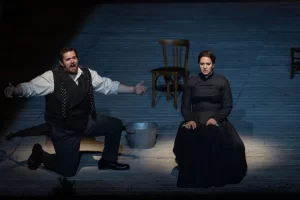
But maybe you have less of a problem with all that and just want to know about the specifics of the production, in which case, they’re excellent. Weidauer’s revival direction paints a vivid picture of the people in this town, whose faux niceness gives way to outright hostility and back very rapidly. At one point they even surround the Kostelnička and chant “hard woman” just to shame her for giving Števa an ultimatum. However, they still get a bit of a softer side of them portrayed in the form of a folk tune that is accompanied by dancers excitingly choreographed by Teresa Rotemberg, and costume designer Gesine Völlm provides lovely tradition-inspired formalwear for the big wedding in Act III. Part of Janáček’s goal for this show was to increase Czech culture’s visibility, and if it takes a dim view of their religious lifestyle, it certainly doesn’t depict them as unsophisticated.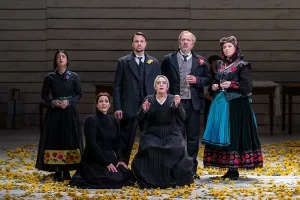
Davidsen and Stemme, as the leading sopranos, are also singing actors who excel at conveying the story’s mood. Jenůfa is a tough character to play, as the point is that decisions keep getting taken away from her, but Davidsen still delivers a rich sense of her psychological interior. Stemme throws herself whole-heartedly into the unraveling Kostelnička, delivering an equally detailed portrait of an extreme operatic character. Smagur, as Števa, certainly knows how to play a hateable villain, and Černoch credibly plays Laca as developing in maturity over the course of the story, albeit from an extremely low baseline. Credit should also go to Hrůša’s conducting for exploring the beauty of Janáček’s score, which, outside of the old-fashioned folk songs and prayer-arias, is often frenetic and jarring. Michael Levine’s grim set also holds some surprises that are deceptive in their simplicity, and overall, the original director, Claus Guth, had a cohesive vision about how societal restrictions are enacted on a scale of personal betrayals. This production got a strong emotional reaction out of me, and seemed to from the rest of the opening performance audience, who were very appreciative, as well. If you’re curious about “modernist” operas and want to experience this somewhat rare music, this production will certainly engage you.
Jenůfa will continue at the Lyric Opera House, 20 N Upper Wacker Drive, Chicago, thru November 26, with the following showtimes:
November 18: 7:30 pm
November 21: 7:00 pm
November 26: 2:00 pm
Running time is three hours and five minutes with two intermissions. There is also a thirty-minute preview talk an hour before the show.
Performances are in Czech with English supertitles.
Ticket prices start at $41. The Lyric offers parking deals with Poetry Garage at 201 W Madison St. if inquired about in advance. To order, visit LyricOpera.org or call 321-827-5600.
To see what others are saying, visit www.theatreinchicago.com, go to Review Round-Up and click “Jenůfa.”


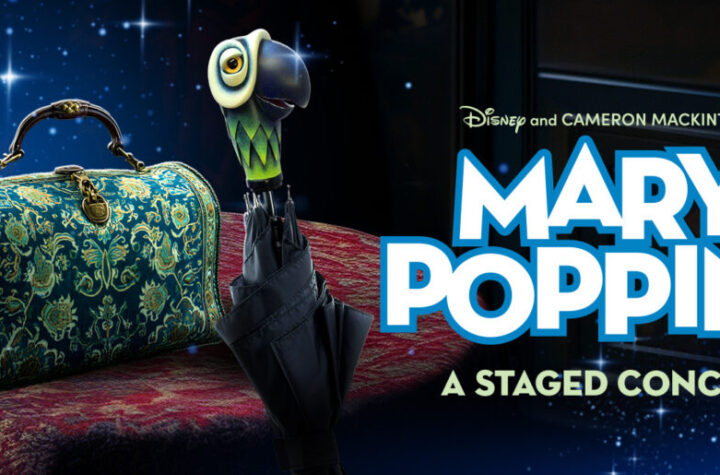

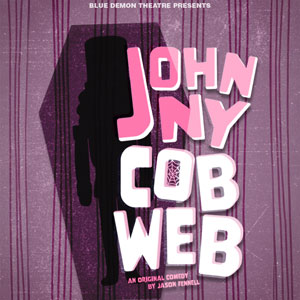

More Stories
“Mary Poppins : A Staged Concert” reviewed by Julia W. Rath
” I and You”
“Johnny Cobweb” reviewed by Mark Reinecke